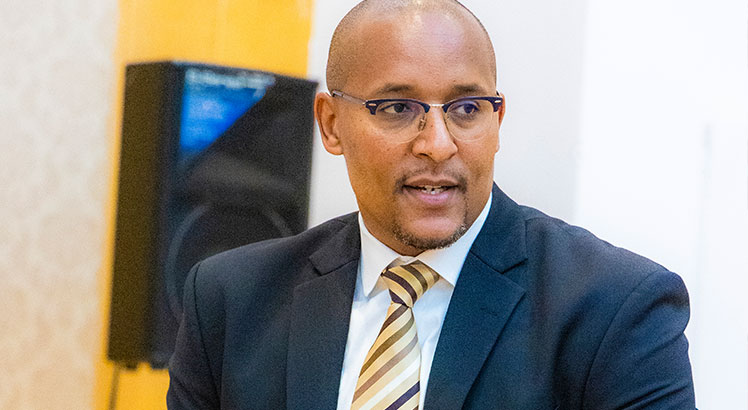ICT for Malawi we want
A new report by the Malawi Communications Regulatory Authority (Macra) shows that the use of ICT services, a critical enabler of Agenda 2063, remains low. Our Contributor EPHRAIM NYONDO breaks down the big issues.
Malawi does not lack the ingenuity to decide what it wants to become in the foreseeable future.

In 2000, the country unveiled Vision 2020, a carefully written development agenda to transform the country into a middle-income economy by four years ago, but over half of its population is still trapped below the poverty line.
By the 2020 mark, the country ’s gross national income per capita was $350, about a third of the World Bank yardstick for middle-income economy which is pegged between $1 036 and $13 615.
Why did we fail?
This is the question the National Planning Commission (NPC) was tasked to answer before developing a fresh development agenda termed Malawi 2063.
“Vision 2020 suffered because it was fundamentally p r e m i s e d o n p o v e r t y reduction,” says NPC director-general Thomas Chataghalala Munthali. “A lot of interventions were made, but didn’t make the communities self-reliant and resilient in the face of disasters and global economic shocks.”
To the national strategist, the country needed a swift shift from poverty reduction to wealth creation, self-reliance and resilience.
Learning from past mistakes, the country defined where it wants to be by 2063.
In their minds, the strategists envisioned the countr y becoming an inclusively weal thy and sel f-rel iant industrialised upper-middle-income economy that can primarily fund its development needs by the centenary of its self-rule.
According to the Malawi 2063 first 10-year implementation p l an, informa t ion and communication technology (ICT) is one of the critical enablers for inclusive wealth creation.
“We believe and understand, [from] both research and observation, that having a robust ICT infrastructure with cross-country coverage of reliable and affordable services can foster technological adoption and digital access,” says Munthali.
Concurring, Macra director general Daud Suleman says understanding the dynamics of ICT access and usage is paramount in the ambitious race for the Malawi we want by 2063.
“ T h e M a l a w i 2 0 6 3 prioritises ICT development as a catalyst for inclusive growth, job creation, and poverty reduction,” he says.
According to the national development blueprint, ha r n e s s ing ICT could improve the quality of life by transforming pivotal sectors, including tourism, agriculture, mining, education, healthcare and governance.
Of course, it is one thing to wax lyrical of ICT as a catalyst for national development and another to ensure Malawians access and use the ICT services they need to beat poverty.
You cannot talk of ICT as an enabler of the Malawi 2063 without understanding how Malawians are adopting ICT services.
To bridge the gap between policy talk and action on the ground, Macra and the National Statistical Office (NSO) embar ked on a nationwide survey to measure progress in ICT access and use by households and individuals.
This follows previous surveys conducted in 2014 and 2014, which similarly assessed access to radio, computer, television, telephone, mobile phone, Internet, e-commerce, postal services, digital financial services, cyber security, e-waste management and child online protection.
However, the new report shows ICT services in the country remain unaffordable, slowing their adoption and usage.
Suleman says digital services and devices are beyond the reach of many Malawians. He also attributes the low figures to a wide digital divide between the country’s urban majority and rural minority as well as low ICT literacy, radio and ICT convergence and lack of strategic approaches to harness the power of ICTs.


